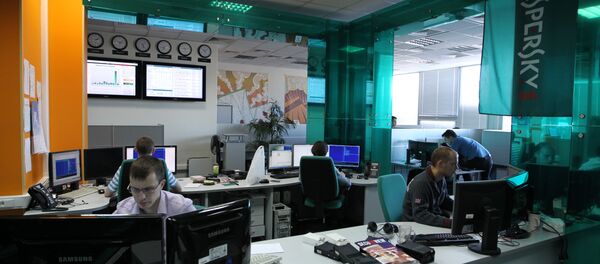Judging by the very name of the cyberattack, it is little surprise that in more than 20 percent of cases, at least US$10,00 was demanded from the firm.
What Is Ransomware?
The malware can encrypt files or the hard drive, leading to demands for a ransom payment to decrypt them.
According to report "State of Ransomware," more than a third of UK businesses lost revenue due to ransomware attacks and 20 percent were forced to shut down. Nearly 60 percent of victims were forced to pay more than US$1,000; one percent of victims were asked for US$150,000.
Hmm, another #Jigsaw #Ransomware, ext."xyz"… interesting Anonymous image… decrypter updated as usual;) pic.twitter.com/NqtUm1iwto
— Michael Gillespie (@demonslay335) July 29, 2016
Ramifications of Ransomware
The report, published by Malwarebytes surveyed more than 500 leading IT companies in the UK, Germany, the US and Canada. Britain reported the highest proportion of ransomware attacks with more than half — 54 percent — reporting that they have been affected.
"The impact on businesses around the world has been significant, but until now, very few studies have examined the current prevalence and ramifications of actual ransomware incidents," Nathan Scott, technical project manager at Malwarebytes said.
"Over the past four years, ransomware has evolved into one of the biggest cyber security threats in the wild, with instances of ransomware in exploit kits increasing by 259 percent in the past five months alone," Scott added.
When it comes to profiting from cyberattacks — ransomware has now become the most profitable malware for criminals to use and countries including the UK are the ones left coughing up.
According to the recent report, nearly 60 percent of UK firms paid the ransom, recording the biggest drop in revenue worldwide.



